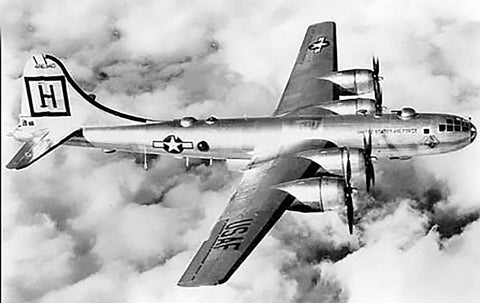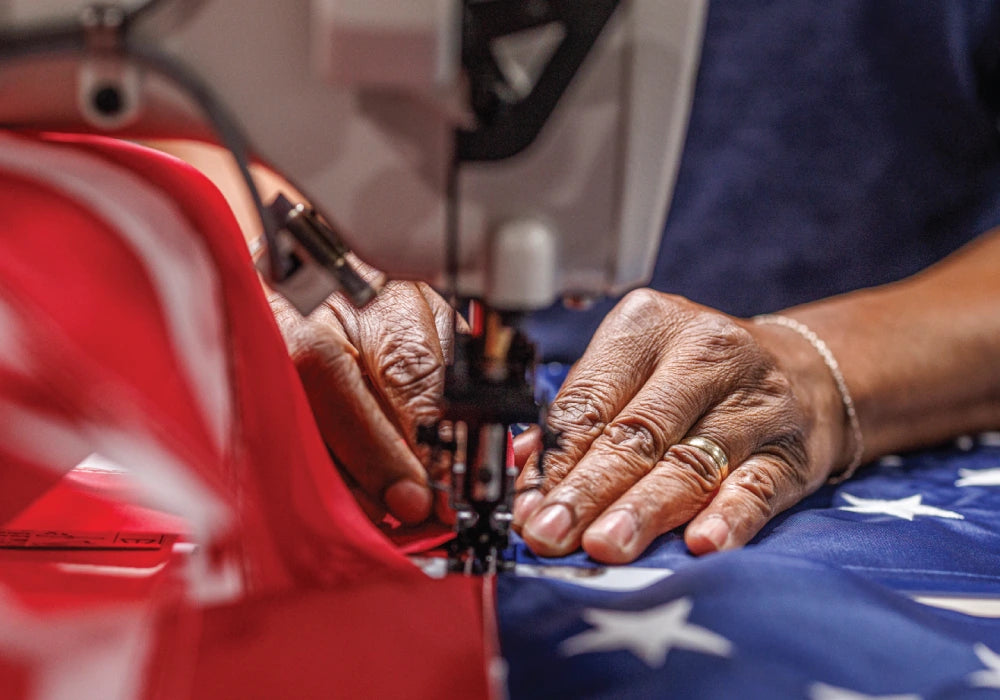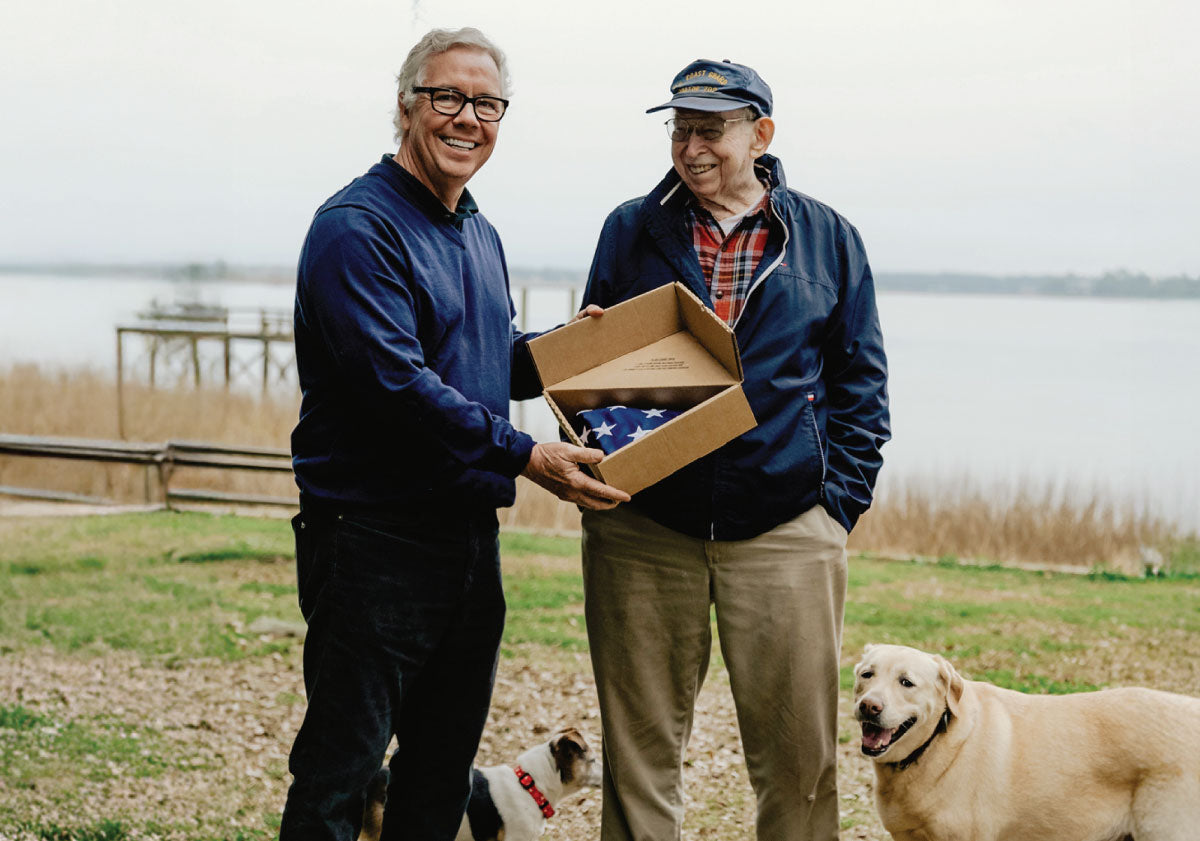September 15


1950
U.S. Marines landed at Inchon on the west coast of Korea. The location had been criticized as too risky, but U.N. Supreme Commander Douglas MacArthur insisted on carrying out the landing. By early evening, the Marines had secured Inchon. The brilliant landing completely turned the tides of the Korean War by cutting the North Korean forces in two. The U.S.-led U.N. force were then able to push inland to recapture Seoul, the South Korean capital that had fallen to the communists in June. Allied forces then converged from the north and the south, devastating the North Korean army and taking 125,000 enemy troops prisoner.

1978
Muhammad Ali defeated Leon Spinks at the Louisiana Superdome in New Orleans to win the world heavyweight boxing title for the third time in his career, the first fighter ever to do so. This rematch followed Ali's February 15, 1978 title loss to Spinks in a 15-round split decision. After winning at the Superdome, Ali retired in 1979 only to return in 1980. He left the sport permanently in 1981 with a record of 56 wins, five losses and 37 knockouts. In 1984, he was revealed to have Parkinson’s disease. Ali died on June 3, 2016. Spinks retired from boxing in 1995 with a record of 26 wins, 17 losses and 14 knockouts.

2008
The venerable Wall Street brokerage firm Lehman Brothers seeks Chapter 11 bankruptcy protection, becoming the largest victim of the subprime mortgage crisis that would devastate financial markets and contribute to the biggest economic downturn since the Great Depression. At the time of its collapse, Lehman Brothers was the country’s fourth-largest investment bank, with some 25,000 employees worldwide—but it began as a humble dry goods store founded by German immigrant Henry Lehman in 1844 in Montgomery, Alabama. Despite concerns about the consequences a Lehman Brothers collapse would bring, the federal government and representatives of the administration of President George W. Bush ultimately refused to bail out another investment bank.
September 16

1620
The Mayflower sailed from Plymouth, England, bound for the New World with 102 passengers. The ship was headed for Virginia, where the colonists—half religious dissenters and half entrepreneurs—had been authorized to settle by the British crown. However, stormy weather and navigational errors forced the Mayflower off course, and on November 21 the “Pilgrims” reached Massachusetts, where they founded the first permanent European settlement in New England in late December.

1908
Buick Motor Company head William Crapo Durant spends $2,000 to incorporate General Motors in New Jersey. Durant, a high-school dropout, had made his fortune building horse-drawn carriages, and, in fact, hated cars. He considered cars noisy, smelly, and dangerous. Nevertheless, the giant company he built would dominate the American auto industry for decades. The new GM produced a wide variety of cars for a wide variety of buyers. In its first two years, GM cobbled together 30 companies, including 11 automakers like Oldsmobile, Cadillac, and Oakland (which later became Pontiac), some supplier firms, and even an electric company.

1940
The Burke-Wadsworth Act was passed by Congress and the first peacetime draft in the history of the United States was imposed. The registration of men between the ages of 21 and 36 began exactly one month later, as Secretary of War Henry L. Stimson, began drawing draft numbers out of a glass bowl. The numbers were handed to President Roosevelt, who read them aloud for public announcement. There were some 20 million eligible young men—50 percent were rejected the very first year, either for health reasons or illiteracy (20 percent of those who registered were illiterate). By war’s end, approximately 34 million men had registered, and 10 million served with the military.
September 17

1787
The Constitution of the United States of America was signed by 38 of 41 delegates present at the conclusion of the Constitutional Convention in Philadelphia. During an intensive debate, the delegates devised a brilliant federal organization characterized by an intricate system of checks and balances. The convention was divided over the issue of state representation in Congress, as more-populated states sought proportional legislation, and smaller states wanted equal representation. The problem was resolved with the creation of a bicameral legislature. As dictated by Article VII, the document would not become binding until it was ratified by nine of the 13 states. On June 21, 1788, New Hampshire became the ninth state to ratify the document, and it was subsequently agreed that government under the U.S. Constitution would begin on March 4, 1789.

1976
NASA publicly unveiled its first space shuttle, the Enterprise, during a ceremony in Palmdale, California. Development of the aircraft-like spacecraft cost almost $10 billion and took nearly a decade. The Enterprise became the first space shuttle to fly freely when it was lifted to a height of 25,000 feet by a Boeing 747 airplane and then released, gliding back to Edwards Air Force Base on its own accord. Initially planned to be named Constitution and unveiled on Constitution Day, September 17, fans of Star Trek asked US President Gerald Ford, to name the orbiter after the television show's fictional starship, USS Enterprise. White House advisors cited "hundreds of thousands of letters" from Trekkies, "one of the most dedicated constituencies in the country", as a reason for giving the shuttle the name.

2011
Hundreds of activists gathered around Zuccotti Park in lower Manhattan for the first day of the Occupy Wall Street Movement—a weeks-long sit-in in New York City’s Financial District. Initiated by the Canadian anti-consumerist magazine Adbusters, the main issues raised were social and economic inequality, greed, corruption and the undue influence of corporations on government, particularly from the financial services sector. Their slogan, "We are the 99%", referred to income and wealth inequality in the U.S. between the wealthiest 1% and the rest of the population. To achieve their goals, protesters acted on consensus-based decisions made in general assemblies which emphasized redress through direct action over the petitioning to authorities. While the movement failed to see any of its goals or policy proposals come to fruition, years later, Occupy Wall Street is still considered a blueprint for decentralized activism.
September 18

1793
George Washington laid the cornerstone to the United States Capitol building, the home of the legislative branch of American government. The building would take nearly a century to complete, as architects came and went, the British set fire to it and it was called into use during the Civil War. Today, the Capitol building, with its famous cast-iron dome and important collection of American art, is part of the Capitol Complex, which includes six Congressional office buildings and three Library of Congress buildings, all developed in the 19th and 20th centuries. The Capitol, which is visited by 3 million to 5 million people each year, has 540 rooms and covers a ground area of about four acres.

1837
Charles Lewis Tiffany and John B. Young co-founded a "stationary and fancy goods emporium" in Brooklyn, Connecticut. In 1853, the company found a home in New York City and was eventually renamed "Tiffany & Co." when Tiffany took control and established the firm's emphasis on jewelry. In 1886, founder Charles Tiffany conceived of the Tiffany Setting ring design, in which six prongs hold the diamond off of the band, in order to better accentuate the diamond. On January 7, 2021, French-based multinational LVMH Moet Hennessy Louis Vuitton acquired majority stake in Tiffany & Co for $15.8 billion and delisted Tiffany’s stock from the New York Stock Exchange.

1951
"A Streetcar Named Desire", directed by Elia Kazan and based on Tennessee Williams' 1947 play of the same name, was released. The film tells the story of a southern belle, Blanche DuBois, who, after encountering a series of personal losses, leaves her aristocratic background seeking refuge with her sister and brother-in-law in a dilapidated New Orleans apartment building. Starring Marlon Brando and Vivien Leigh, the movie won four Academy Awards, including three acting awards; Best Actress, Best Supporting Actor and Best Supporting Actress. This was the first time a film had won three out of four acting awards.
September 19


1957
The United States detonated a 1.7-kiloton nuclear weapon in an underground tunnel at the Nevada Test Site (NTS), a 1.375-square-mile research center lcated 5 miles north of Las Vegas. The test, known as Ranier, was the first fully contained underground detonation and produced no radioactive fallout. In 1963, the US signed the Limited Test Ban Treaty, which banned nuclear weapons testing in the atmosphere, underwater and outer space. A total of 928 tests took place at the Nevada Test Site between 1951 and 1992, when the US conducted its last underground nuclear test. In 1996, the US signed the Comprehensive Test Ban Treaty, which prohibits nuclear detonations in all environments.

1988
American diver Greg Louganis smashed his head on a diving board during the 3m springboard preliminaries at the Seoul Olympics. Braving a head injury, he was back in the pool soon after receiving stitches to the head. He went on to win the 3m Springboard diving gold by a records margin of 25 points to retain the gold he won at the Los Angeles Olympics in 1984. What had initially appeared to be a straightforward comeback story became more complicated when Louganis revealed seven years later that he was gay and that he had been diagnosed with HIV six months before the 1988 Games. His diagnosis was a secret due to the fear and stigma around AIDS at the time. Louganis said he believes the attention he drew during the accident and then following his 1995 revelation may have—at some level—helped advance Americans’ acceptance of those with HIV.


1995
A manifesto by the Unabomber, an anti-technology terrorist, was published by The New York Times and Washington Post in the hope that someone will recognize the person who, for 17 years, had been sending homemade bombs through the mail that had killed and maimed innocent people around the United States. In April 1995, The New York Times received a letter from the Unabomber stating that the killings would stop if the paper printed a 35,000-word manifesto. After reading the manifesto, David Kaczynski linked the writing style to that of his older brother Ted, who was later convicted of the attacks and sentenced to life in prison without parole. All told, the Unabomber ws responsible for murdering three people and injuring another 23.
September 20

1973
In a highly publicized "Battle of the Sexes" tennis match, top women's player Billie Jean King, 29, beat Bobby Riggs, 55, a former #1 ranked men's player. Riggs, a self-proclaimed male chauvinist, had boasted that women were inferior, that the couldn't handle the pressure of the game and that even at his age he could beat any female player. The match was a huge media event, witnessed in person by over 30,000 spectators at the Houston Astrodome and by another 50 million TV viewers worldwide. King's achievement not only helped legitimize women's professional tennis and female athletes, but it was seen as a victory for women's rights in general.

1987
Chicago Bears running back Walter Payton scored his 107th rushing touchdown. The touchdown was scored at home against the Tampa Bay Buccaneers and effectively brokw the career rushing touchdown record previously held by Jim Brown. Payton scored three more touchdown in his 12th season, bringing his career total to 110. Walter Payton retired from football at the end of the 1987-1988 season as one of the greatest running backs in NFL history. Payton held the all-time touchdown record, the all-time rushing record, the all-time yards from scrimmage record and the career 100 yard rushing games record. Although many of Payton’s records have been broken in the years after his retirement, it takes nothing away from his great legacy.

2001
Following the attacks of September 11th, 2001, President George W. Bsh made and address to a joint session of Congress and the American people that was nationally broadcasted. The inspirational speech to America rallied support for the "War on Terror," which would eventually lead to the wars in Iraq and Afghanistan, and became one of the defining speeches of his presidency.
September 21

1780
During the American Revolution, American General Benedict Arnold met with British Major John Andre to discuss handing over West Point to the British, in return for the promise of a large sum of money and a high position in the British army. However, the conspiracy was uncovered and Andre was captured and executed. Arnold, the former American patriot, fled to the enemy side and went on to lead British troops in Virginia and Connecticut. He later moved to England, though he never received all of what he’d been promised by the British. He died in London on June 14, 1801. Benedict Arnold's name soon became synonymous with the world "traitor."


1942
The U.S. B-29 Superfortress made its debut flight in Seattle, Washington. It was the largest bomber used in the war by any nation. In combat, although Superfortress bombers were not as heavily armored as other Allied bombers, they possessed one defense that no others could compete with. They were capable of flying at the altitude of 10,200m, just above the service ceiling of most Japanese fighters and just beyond the range of most anti-aircraft weapons. Their fast airspeed also made the difficult to intercept by fighters that could fly that hight.

2003
The last game at historic Yankee Stadium, "The House That Babe Ruth Built," was played. The stadium opened in 1923 and was the scene of scores of Major League Baseball's most famous moments, including Ruth's first home run in the stadium on April 18, 1923, Reggie Jackson's three home run game to close out the 1977 World Series and Aaron Boone's Game 7 walk-off home run in the 2003 American League Championship Series against the Boston Red Sox. In closing the stadium, the Yankees hosted a pre-game ceremony, allowing fans and former Yankee legends to walk the hallowed grounds a final time. Julia Ruth Stevens, Ruth's daughter, threw out the ceremonial first pitch as the scoreboard flashed “To Be Continued…” and a photo of "The Bambino" winking.






